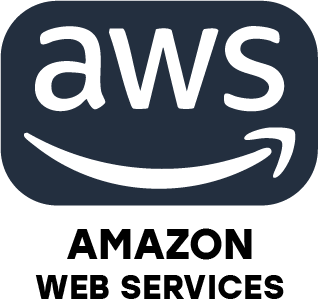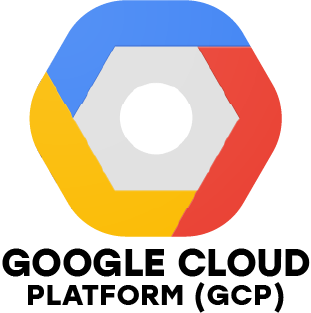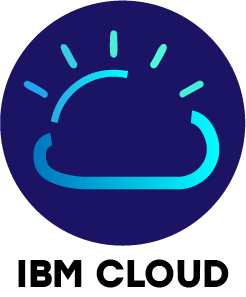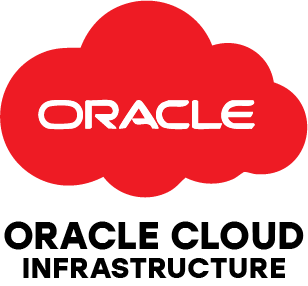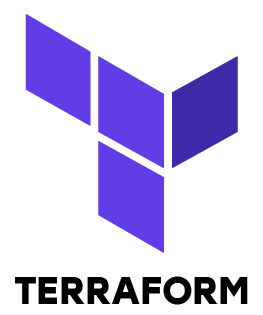Rated #1 recoginized as the No.1 institute for Cloud Computing Master Program
Live Instructor LED Online Training Learn from Certified Experts,Live Instructor LED Online Training Learn from Certified Experts
Live Instructor LED Online Training Learn from Certified Experts,Live Instructor LED Online Training Learn from Certified Experts Live Instructor LED Online Training Learn from Certified Experts,Live Instructor LED Online Training Learn from Certified Experts Live Instructor LED Online Training
- Beginner & Advanced level Classes.
- Hands-On Learning in Cloud Computing
- Best Practice for Interview Preparation Techniques in Cloud Computing.
- Lifetime Access for Student’s Portal, Study Materials, Videos & Top MNC Interview Question.
- Affordable Fees with Best Curriculum Designed by Industrial Cloud Expert.
- Delivered by 8+ years of Cloud Certified Expert | 15402+ Students Trained & 300+ Recruiting Clients.
- Next Cloud Computing Master Program Training Batch to Begin this week – Enroll Your Name Now!






